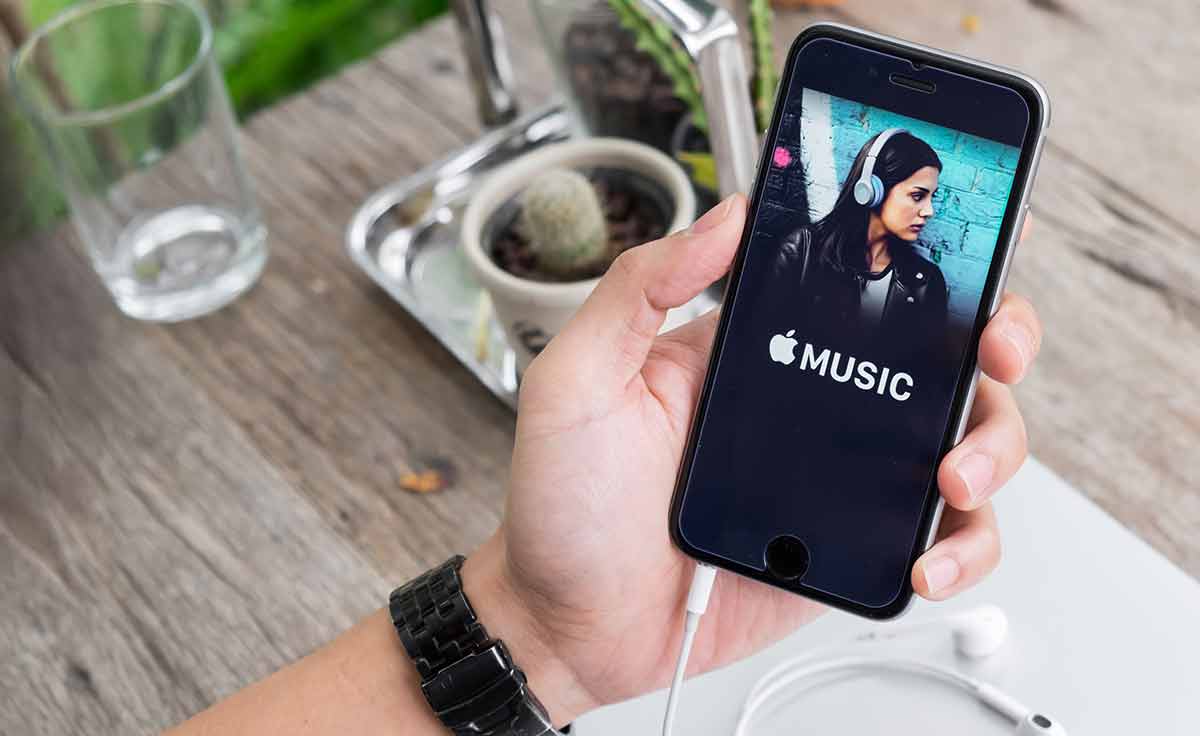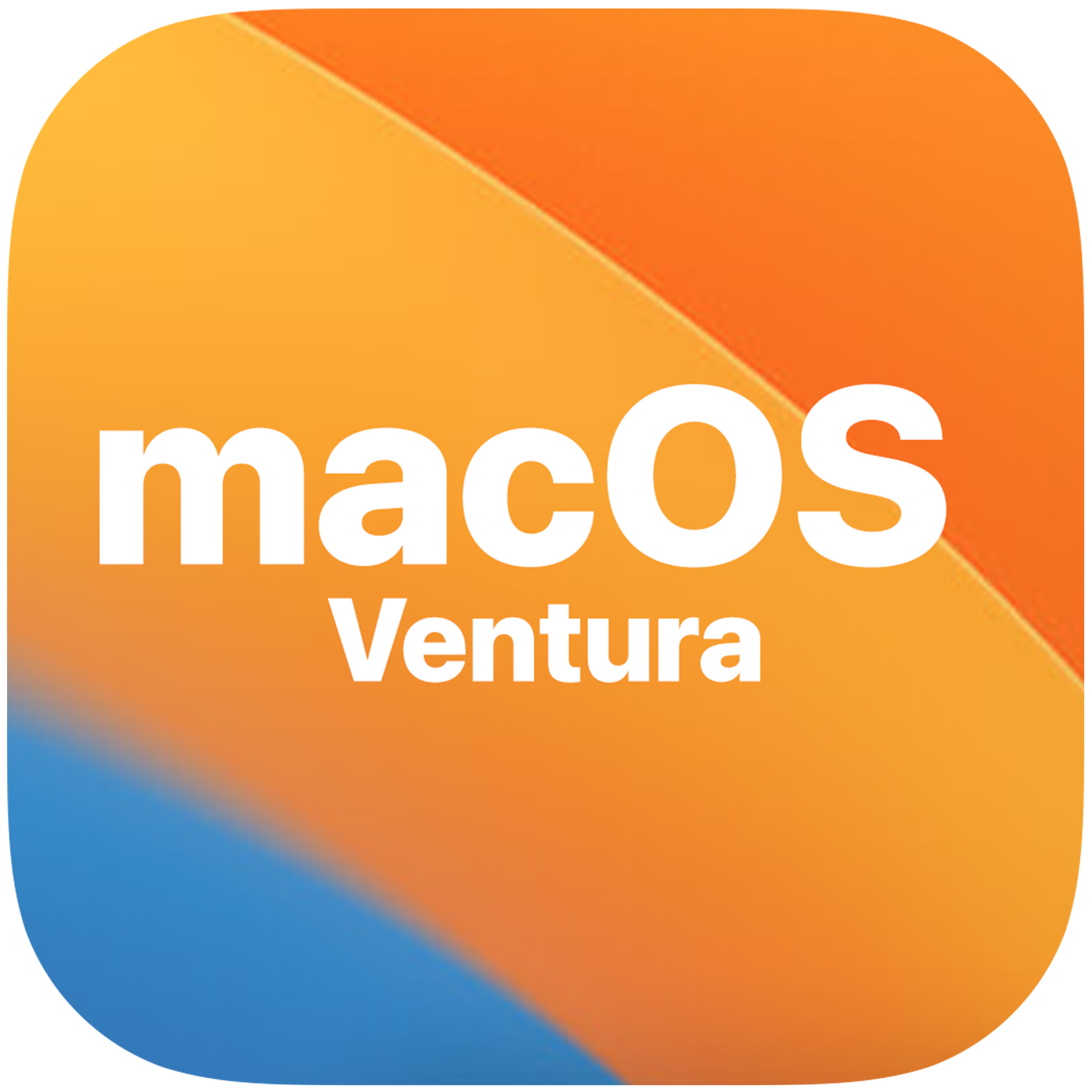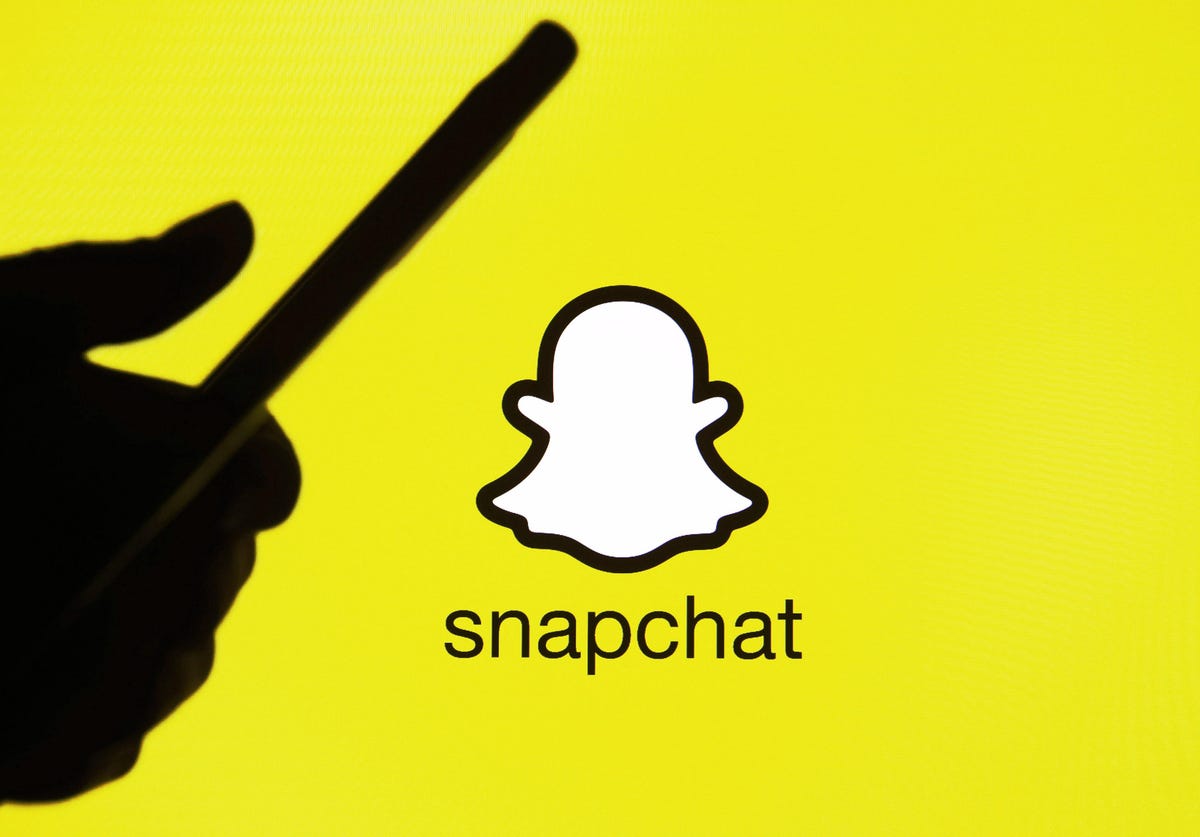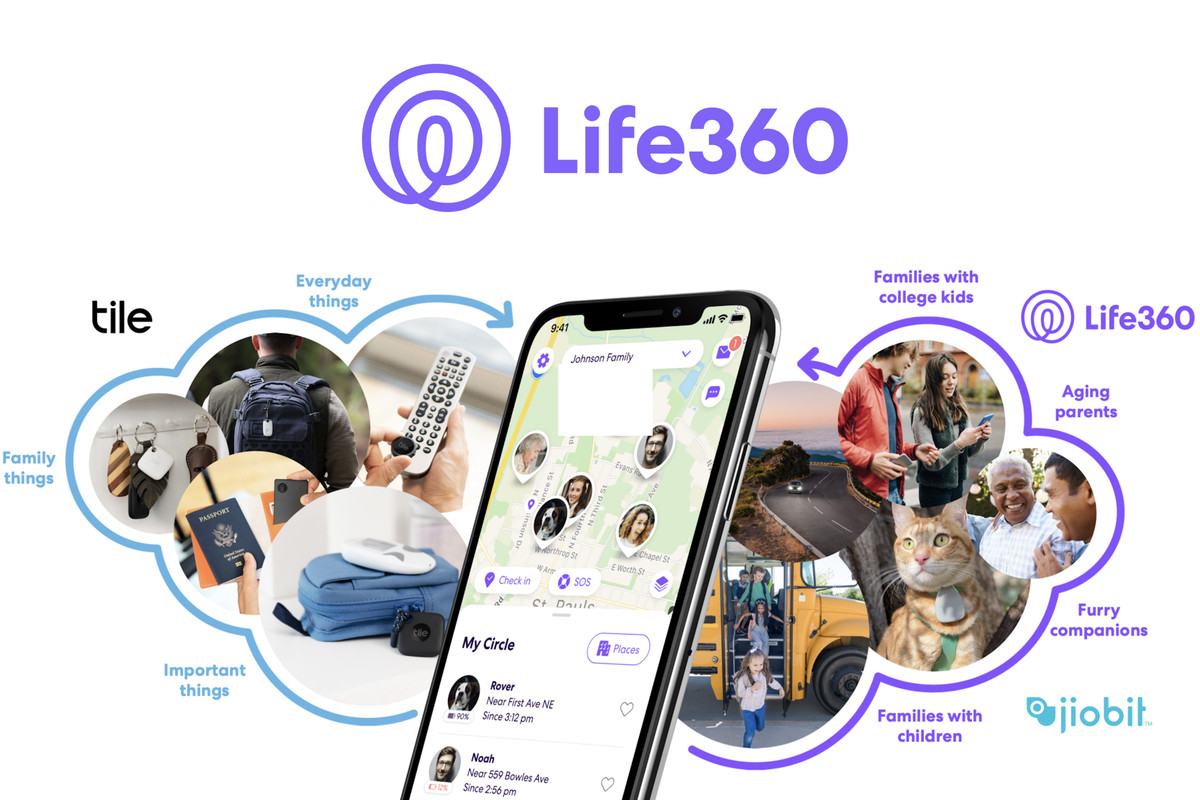When it comes to digital media and music streaming, two popular platforms often mentioned are iTunes and Apple Music. While they both serve the purpose of providing entertainment, there are distinct differences between the two. In this article, we will explore the disparities between iTunes and Apple Music, their functionalities, and how they can be utilized to enhance your music experience.
iTunes: Your All-in-One Media Player and Library
What is iTunes?
iTunes is a versatile media player, media library, online radio broadcaster, and mobile device management application developed by Apple Inc. It is compatible with both OS X and Microsoft Windows operating systems, allowing users to play, download, and organize digital audio and video content. Additionally, iTunes offers access to various types of media available on the iTunes Store, making it a comprehensive platform for entertainment.
Features and Functionality
iTunes provides a wide range of features and functionalities that cater to the needs of its users. Here are some key aspects of iTunes:
- Media Player: iTunes allows you to play your favorite music, movies, TV shows, and podcasts directly on your personal computer or compatible Apple devices.
- Media Library: With iTunes, you can organize your digital media collection, creating playlists, sorting content by genre, artist, or album, and easily accessing your favorite content whenever you want.
- iTunes Store: One of the highlights of iTunes is its integration with the iTunes Store. This online marketplace offers a vast selection of music, movies, TV shows, audiobooks, and more. Users can browse, purchase, and download content directly from the store to their iTunes library.
- Device Management: iTunes acts as a hub for managing your Apple devices. You can sync your music, videos, and other media files between your computer and iOS devices like the iPhone, iPad, and iPod Touch. This allows for seamless integration and easy content transfer.
- Online Radio: iTunes features an online radio broadcaster that provides access to various radio stations and genres. Users can discover new music, listen to curated playlists, and enjoy live broadcasts.
Apple Music: Your Gateway to a World of Music
What is Apple Music?
Apple Music, on the other hand, is a music streaming service developed by Apple Inc. It offers a vast selection of songs, albums, and playlists that can be streamed on-demand. Apple Music aims to provide users with a personalized music experience by recommending music based on their individual taste. It is available on a variety of platforms, including iOS devices, Android, and web browsers.
Features and Functionality
Apple Music comes with a range of features and functionalities designed to enhance the music streaming experience. Here are some key aspects of Apple Music:
- Music Streaming: With Apple Music, you have access to a massive library of songs and albums. You can stream music on-demand, listen to curated playlists, and explore various genres and artists.
- Personalized Recommendations: Apple Music utilizes advanced algorithms to analyze your listening habits and preferences. Based on this data, it offers personalized music recommendations, helping you discover new artists and songs that align with your taste.
- Beats 1 Radio: Apple Music includes Beats 1, a 24/7 live radio station that features top DJs and exclusive interviews with renowned artists. It offers a unique listening experience by combining curated playlists, artist interviews, and live broadcasts.
- Connect: Connect is a blog platform integrated into Apple Music, allowing artists to connect directly with their fans. Artists can share posts, photos, videos, and tracks, providing a behind-the-scenes look at their creative process and engaging with their audience.
- Siri Integration: Apple Music seamlessly integrates with Siri, Apple’s virtual assistant. Users can utilize voice commands to play specific songs, ask for recommendations, create playlists, and control their music playback.
Understanding the Differences
While both iTunes and Apple Music revolve around music, there are distinct differences between the two platforms. Let’s delve deeper into these disparities:
- Media Ownership: With iTunes, you have the option to purchase and own digital media files, such as songs, movies, and TV shows. Once purchased, these files can be downloaded and stored on your device or computer. On the other hand, Apple Music operates on a subscription-based model, allowing you to stream music on-demand without owning the actual files.
- Access to Content: iTunes offers a vast selection of media content, including music, movies, TV shows, and more. Users can browse the iTunes Store and purchase individual items or entire albums. Apple Music, however, provides access to a massive library of songs and albums for streaming. While you can explore and discover new music on Apple Music, you don’t own the content unless you purchase it separately.
- Music Discovery: Apple Music places a strong emphasis on music discovery and personalization. Its algorithms analyze your listening habits and preferences to offer tailored music recommendations, curated playlists, and artist suggestions. iTunes, on the other hand, primarily serves as a media player and library, allowing you to organize and play your existing collection of digital media files.
- Streaming vs. Offline Access: Apple Music allows you to stream music on-demand, as long as you have an active subscription and an internet connection. iTunes, however, provides the flexibility of offline access. Once you purchase a song or album from the iTunes Store, you can download it to your device and listen to it even when you’re offline.
- Integration with Apple Devices: Both iTunes and Apple Music seamlessly integrate with a range of Apple devices, including iPhones, iPads, and iPod Touch. You can sync your media files and playlists between these devices using iTunes, while Apple Music offers a dedicated app for streaming music on-the-go.
Conclusion
In conclusion, iTunes and Apple Music serve different purposes in the realm of digital media and music streaming. iTunes acts as a comprehensive media player, library, and online marketplace, providing access to a wide range of content that can be purchased and downloaded. Apple Music, on the other hand, is a music streaming service that offers a vast library of songs and albums for on-demand streaming, personalized recommendations, and exclusive radio broadcasts.
Whether you prefer to own your music collection or enjoy the convenience of streaming, both iTunes and Apple Music cater to different needs and preferences. By understanding the differences between these platforms, you can make an informed decision about which one suits your music consumption habits and enhances your overall music experience. So, whether you’re looking to expand your music library or explore new artists, iTunes and Apple Music have got you covered.
Remember, the world of music is at your fingertips, and with iTunes and Apple Music, you can dive into a world of endless entertainment and musical discovery.






